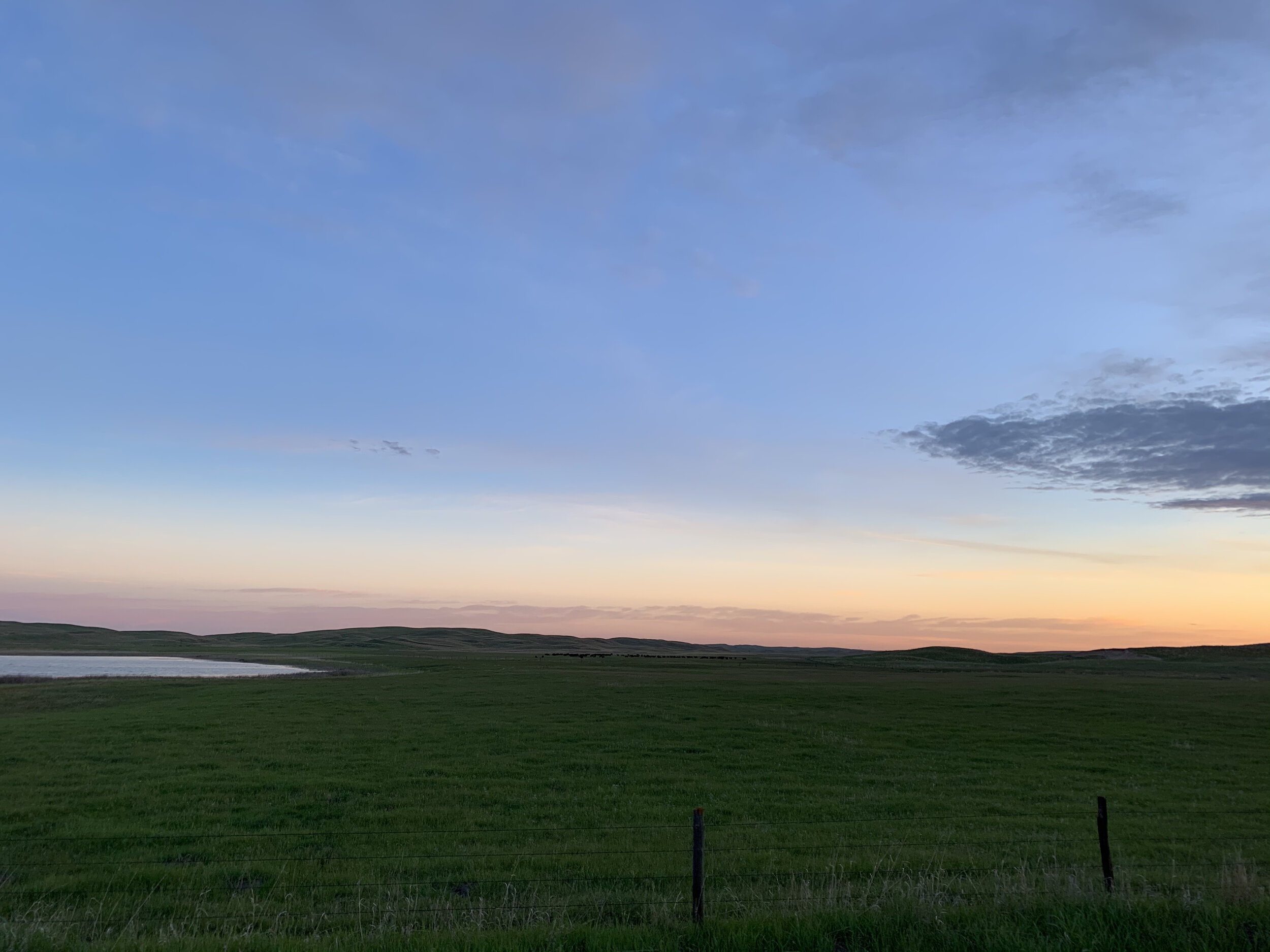The Rural Review
An online journal produced in conjunction with the Rural Reconciliation Project.
The Rural Review publishes digests of important academic contributions, program information, blog-style commentary, and periodic roundups of rural items from across academic disciplines and scholarly media.
Contributions from interested authors are welcome. Find our author guidelines here.
Schneider et al.: Financial Incentives and Landowner Interest in Reforestation
In “Financial Incentives and Landowner Interest in Reforesting Open Lands in the Southeastern United States,” authors Chloe Schnieder and Nina Randazzo (Environmental Defense Fund), Ram Kumar Adhikari (Forestry, Mississippi State University), and Neelam Chandra Poudyal (Natural Resources, University of Tennessee) examine the factors influencing landowners’ willingness to participate in reforestation programs.
Branch: Police Scanners and Everyday Rural Life
In “It’s on All the Time in Our House:” Police Scanners and Everyday Rural Life, author Michael Branch (Sociology, Hartwick College) explores the long-time use of police scanners by laypeople in a rural town in upstate New York. He argues that, despite the perceived community benefits, there are also unforeseen consequences for those living in the community.
Book Review: Debunking the Inevitability of Rural Decline
For too long, the story of rural America has seemed inevitable: mines closed; farming became unprofitable; rural post offices and train stations shuttered. When read in the passive voice, the declines of rural places and their people just…happened. But considering that the overwhelming majority of the American landscape is rural, how has so much of the country come to be thus marginalized? And if we care about rural communities—and about the cities and suburbs that ostensibly rely on their resources, no matter how invisible that relationship may be today—how can we work towards revitalization?
Over eight chapters, legal scholar and practitioner Ann M. Eisenberg summarizes and systematically dismantles the passive voice at the core of myths about rural decline, dependency, and potential renewal.
Nickel et al.: Race, Rurality, and the Risk of Health Care-Associated Infections
In “Intersection of Race and Rurality with Health Care-Associated Infections and Subsequent Outcomes,” authors Katelin B. Nickel, MPH, Hannah Kinzer, MPH, Anne Butler, PhD, MS, Kren E. Joynt Maddox, MD, MPH, Victoria J. Fraser, MD, Jason P. Burnham, MD, MSCI, Jennie H. Kwon, DO, MSCI (all Washington University) examine how social and geographic factors such as race and rurality affect access to equitable healthcare.
Roundup: September 19, 2025
A periodic collection of recent research, analysis, and other notable rural items.
Van Sant & Fairbairn: Towards a Right to the Rural?
In Towards a right to the rural?, Levi Van Sant (Integrative Studies, George Mason University) and Madeleine Fairbairn (Environmental Studies, University of California – Santa Cruz) explore the conceptual framework of ‘a right to the rural’ to clarify struggles to access rural spaces.
Book Talk: The Rural Lawyer by Hannah Haksgaard
Book Talk Event - The Rural Lawyer - Prsented by Professor Hannah Haksgaard - October 9, 2025 at Nebraska College of Law
Haksgaard & Drapeaux: Indian Country Lawyers
In Indian Country Lawyers: A South Dakota Survery, authors Hannah Haksgaard and Bryce Drapeaux (both South Dakota Law) address the access to justice crisis experienced by Native American communities in South Dakota. They present data on the lack of available, licensed Native American attorneys on and near reservations to develop an accurate understanding of the extent of the shortage.
Book Review: The Value and Endurance of Home Places
Macro-level structural forces, local institutions, race, class, livelihoods, culture, landscapes, and neighborhood dynamics all come together to create something greater than the sum of their parts. It is at this essential intersectional nexus that Amanda McMillan Lequieu’s 2024 book, Who We Are is Where We Are: Making Home in the American Rust Belt, so adeptly advances the conversation on place-based marginalization and struggle. Who We Are identifies this holistic, multi-factor intersection of place, culture, and economic survival as something we all instinctively know, but may still struggle to define: “home.”









